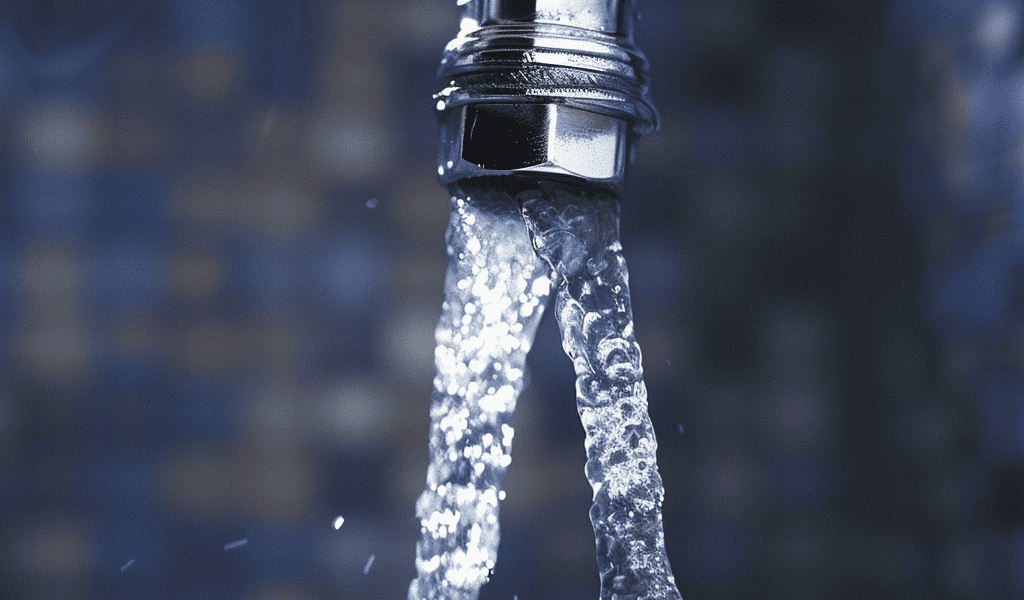Deadly Bacterial Infections Spread in Tap Water, CDC Warns – Are Your Faucets Safe?
This will put a bad taste in your mouth. New data from the Centers for Disease Control and Prevention shows that, from 2015 to 2020, 214 enteric disease outbreaks and more than 2,000 cases of illness were associated with drinking water, 80% of which were linked to public water systems.
The study, which analyzed data from 28 states, found that legionella, a biofilm bacteria that can cause potentially lethal Legionnaires’ disease, was the ‘most implicated etiology,’ or cause, of public water system outbreaks. Coupled with the prevalence of “forever chemicals,” microplastics, and toxic contaminants such as arsenic, uranium, lead, and more in our water, it begs the question: Is it OK to drink from the tap?
Typically, water in the U.S. is “very safe,” Dr. Linda Yancey, the director of infection prevention at Houston’s Memorial Hermann Health System, told Parade. “We have one of the most advanced water systems in the world, but untreated tap water is not the best choice for some,” she explained.
While it may be safe to drink when you’re thirsty, experts recommend against using tap water in things like neti pots, CPAP machines, and humidifiers. “Our body has defenses against these organisms like the acid in our stomachs and the robust immune protection in the GI tract,” Yancey explained. “But when we use tap water in ways that bypass these protections, it can cause trouble.”
She added: “In CPAP machines and humidifiers, the water goes directly into the lungs and can cause pneumonia. For nasal irrigation, there is a small risk of an amebic infection because the water comes into contact with nerves that go straight to the brain.” Last year, a Florida resident died after contracting a rare “brain-eating” infection after rinsing their nose with unboiled water from the tap. Bio-film bacteria were the most common culprit of disease outbreaks in drinking water.
Experts also warned against using water from the faucet to clean wounds and contact lenses due to the elevated risk of infection, as well as preparing infant formula since babies are more vulnerable to illness. Too much nitrate exposure can cause infants to develop methemoglobinemia, or “blue baby syndrome,” a condition that reduces the blood’s ability to carry oxygen.





